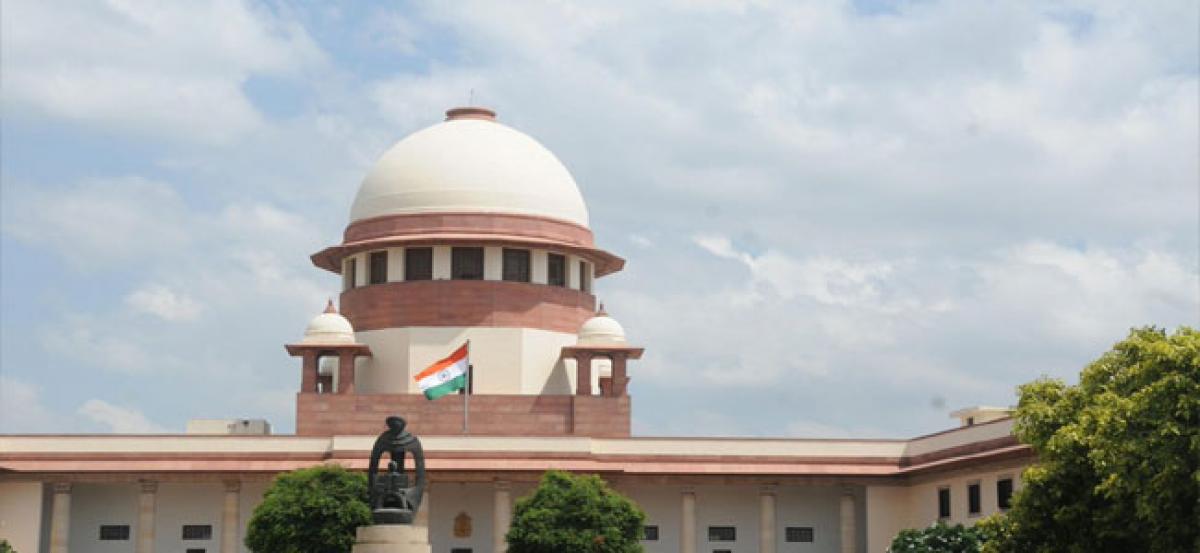Live
- Christmas Celebrations in Jogulamba Gadwal: A Festival of Unity, Charity, and Joy
- Lawyers Seek MP DK Aruna’s Intervention to Prevent District Court Relocation
- Israel, Hamas trade blame for delays in reaching Gaza ceasefire deal
- PM Modi, President Murmu extend Hanukkah greetings to Israeli counterparts
- Mohammad Abbas returns as Pakistan announce playing XI for Boxing Day Test vs South Africa
- Man Sets Himself on Fire Near Rail Bhawan in New Delhi, Investigation Ongoing
- From Pushpa 2 to Devara: The Year in Telugu Cinema
- Balachandar Ramalingam on revolutionizing manufacturing with AI-driven component management
- Srikanth Avancha speaks on leadership, innovation, and risk management in IT services
- Munirathna Attacked in Bengaluru









